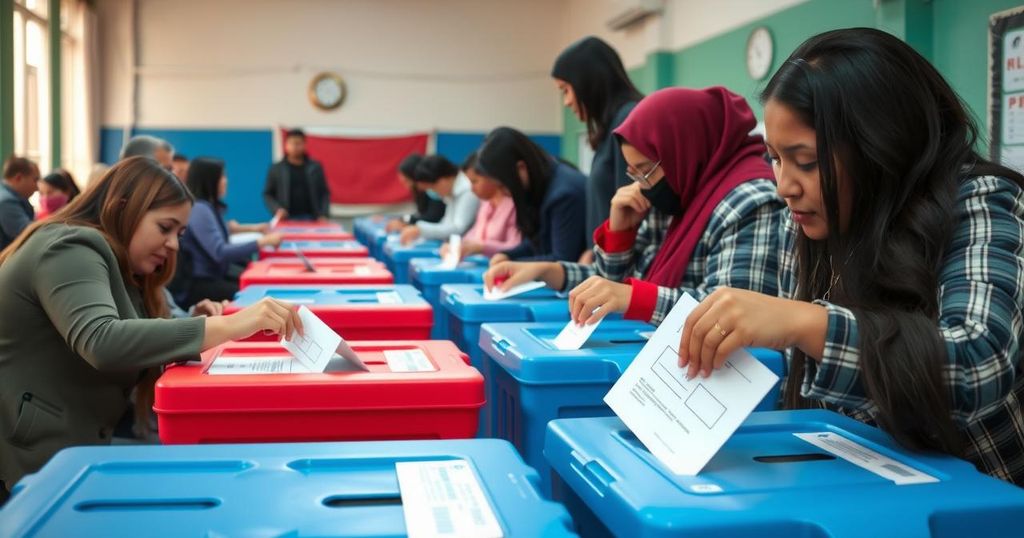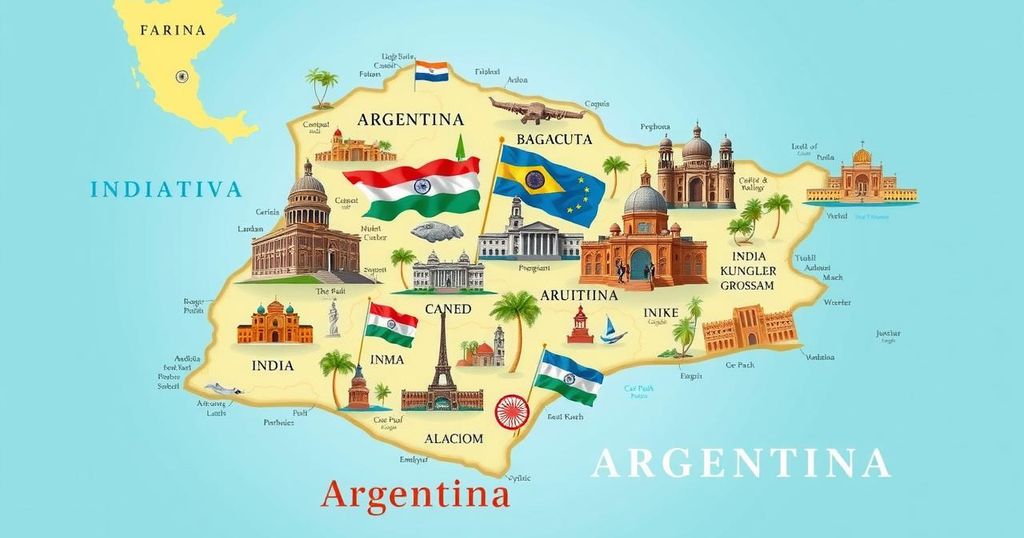Politics
ANDRES MANUEL LOPEZ OBRADOR, ASIA, ASSOCIATED PRESS, BOLIVIA, CONSTITUTIONAL COURT, CORRUPTION, CUBA, DEMOCRACY, EL SALVADOR, EV, EVO MORALES, LATIN AMERICA, MARIS, MARISOL NOGALES, MEXICO, NORTH AMERICA, OPPOSITION, PHILIPPINES, POLITICS, SOUTH AMERICA, THE ASSOCIATED PRESS, TRADE RELATIONS, TRIBUNAL
Fatima Khan
0 Comments
Bolivia’s Judicial Elections: A Model of Political Controversy and Lessons for Latin America
Bolivia’s upcoming judicial elections are contentious, being the only instance globally of voters choosing judges directly. The elections raise significant concerns over judicial independence as politicization grows under changing administrations. With a history of low voter turnout and criticism of the electoral process, the consequences of this election extend beyond Bolivia, offering a cautionary tale for similar reforms in the region, notably in Mexico.
Bolivia is poised to conduct a contentious vote for its top judicial positions, making it the only country globally that allows such an electoral process. Candidates have resorted to covert campaigning methods despite strict prohibitions, highlighting the challenges voters face in being informed about their choices. As Bolivia reflects on the efficacy of directly elected judges, concerns among citizens and experts grow regarding the integrity and functionality of the judiciary under political pressures, further complicated by recent decisions from the Constitutional Court that serve political interests rather than justice.
Bolivia’s electoral dynamics for its judiciary have become a contentious topic, particularly in light of recent actions by former President Evo Morales and current President Luis Arce. The introduction of a popular vote for judicial appointments over a decade ago has transformed the courts into highly politicized entities, a concern echoed across Latin America. Both Morales and Arce’s maneuverings, particularly with the Constitutional Court, exacerbate the struggle for control within their leftist political party. As observers await the results of the ongoing judicial elections, the underpinning question remains whether such a system fosters true democratic principles or merely political patronage.
In a groundbreaking approach, Bolivia’s electoral system integrates direct public voting for its judiciary, causing widespread debate over its implications for governance. The practice is becoming an emerging trend as Mexico contemplates similar reforms under President Andrés Manuel López Obrador. Key political figures utilize the judiciary as instruments of power, leading to serious critiques by legal scholars and rights organizations regarding the maintenance of impartiality and balance within the judicial framework. The backdrop of Bolivia’s 2023 elections is marked by previous allegations of court manipulation and transparency deficits, raising questions about the legitimacy of its electoral outcomes and the future of judicial independence.
The upcoming judicial elections in Bolivia encapsulate a critical juncture for the country’s legal system and overall democracy. The transition to elected judges, rather than those appointed based on qualifications, has resulted in increasing politicization of the judiciary, raising concerns over its impartiality and effectiveness. As Bolivia navigates this complex terrain, the nation awaits to see whether these elections will restore confidence in its judicial processes or further entrench political influence within the courts.
Original Source: abcnews.go.com




Post Comment